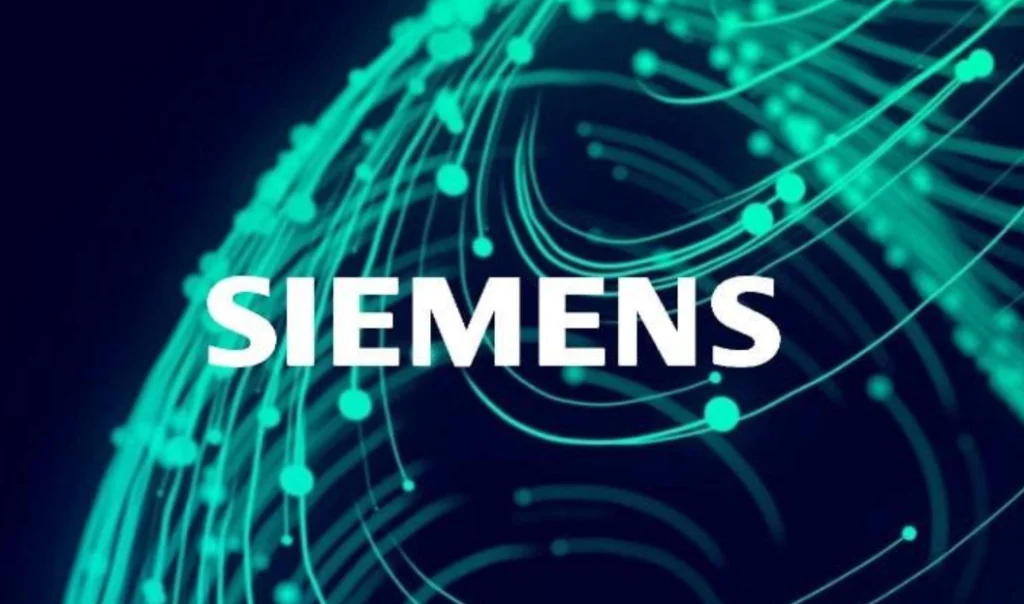Siemens, in partnership with Microsoft, has announced its new generative artificial intelligence (AI)-powered assistant, the Siemens Industrial Copilot, that caters to professionals in the manufacturing, healthcare, transportation, and infrastructure industries.

The companies unveiled the AI assistant on October 31 to promote “human-machine collaboration” and boost productivity. In the announcement, they also disclosed that they are developing additional AI assistants for professionals in the manufacturing, healthcare, transportation, and infrastructure sectors.
The companies have stated that they intend to deliver the “benefits of generative AI to industries worldwide.” Within the manufacturing industry, the corporations claim to have planned Copilots for the automotive, consumer packaged goods, and machine-building sectors.
Microsoft reports that the German automaker Schaeffler has already implemented the Siemens Industrial Copilot.
Microsoft’s chairman and chief executive officer, Satya Nadella, believes that the next iteration of AI will accelerate innovation “across the entire industrial sector.”
The CEO of Siemens, Roland Busch, echoed the sentiment, stating:
“This has the potential to revolutionize the way companies design, develop, manufacture and operate.”
Accessibility to human-machine collaboration enables engineers to increase the rate at which they can develop code, innovate, and surmount labor shortages, according to him.
In February, Bosch, a direct competitor of Siemens, partnered with the Fetch.ai Foundation to initiate a $100 million grant program to fund Web3, AI, and Internet of Things development projects.
In September, Bosch was also spotted at the IAA Mobility exhibition in Munich, Germany, testing its automotive innovations alongside the European Union and blockchain companies.
Since the release of OpenAI’s GPT-4 in November 2022, when high-level models became more widely accessible, AI has created waves in industries worldwide.
